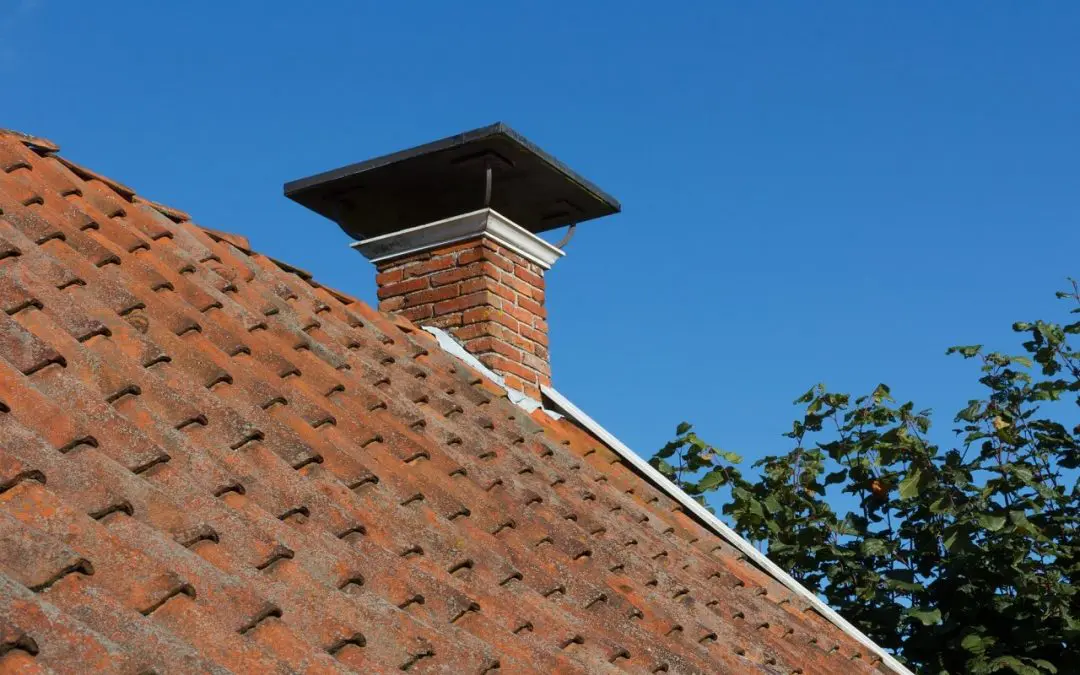Many homeowners use their fireplace to save money on winter heating bills. Fireplaces can be a safe source of heat as long as they are properly maintained. However, chimney fires are a risk that come with wood-burning fireplaces. Here are a few tips to prevent chimney fires and stay safe during the winter season.
6 Steps to Prevent Chimney Fires
Clean Your Chimney
Clean your chimney regularly to prevent chimney fires. A dirty and clogged chimney will not draft well. Creosote that’s built up on the liner during the previous season needs to be removed. This substance is flammable and increases the risk of chimney fires. You should have your chimney professionally cleaned and inspected every year before using your fireplace for the winter season.
Use Seasoned Wood
Freshly cut wood produces more smoke and creosote. As a general rule of thumb, you should only burn seasoned hardwoods. Seasoned wood has been stored in a dry area for at least 6 months. Oak, maple, ash, and birch are all good types of wood to burn in a fireplace.
Don’t Use Substances with Chemicals in Your Fire
Some people think it’s a good idea to use lighter fluid to start a fire in the fireplace. You should never do this. The flames can get out of hand very quickly. Similarly, paper treated with chemicals creates smoke that irritates the eyes, nose, and throat. You should never burn anything but wood in your fireplace.
Use a Chimney Liner to Prevent Chimney Fires
A chimney liner plays a vital part in preventing chimney fires. Chimney liners increase the airflow and protect the chimney structure from excessive heat. Install a stainless steel liner that can withstand high temperatures.
Small Fires Prevent Chimney Fires
Keep your fires small, burning one or two pieces of wood at a time. A small fire won’t produce much creosote and is less likely to get out of hand. Just in case, you should keep a fire extinguisher within easy reach at all times. Check your smoke detector batteries at least twice per year.
Check Your Chimney Cap
If the chimney doesn’t have a chimney cap, debris can accumulate and pests can build nests in your chimney. Prevent chimney fires by checking your chimney cap before lighting the first fire of the season. If the chimney cap is damaged, loose, or missing, replace it.
Fireplaces offer warmth and can help save money, but they can also be dangerous if you don’t take precautions. These tips will help you prevent chimney fires by knowing how to stay safe.
Esham Inspections provides home inspections to home buyers and sellers. Contact us to schedule an appointment in Eastern Shore of Maryland and Southern Delaware.

